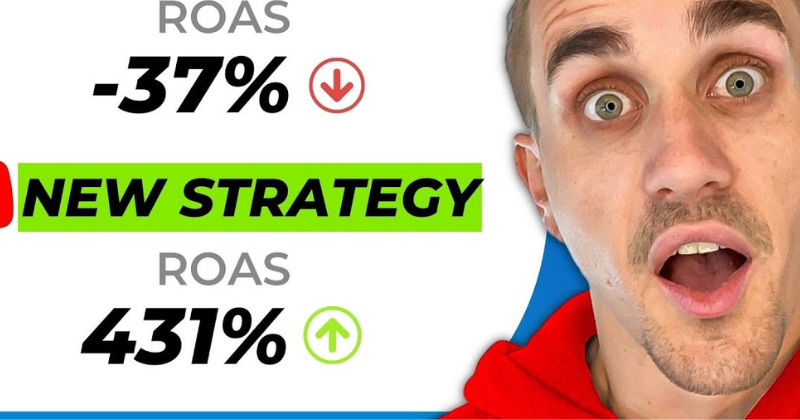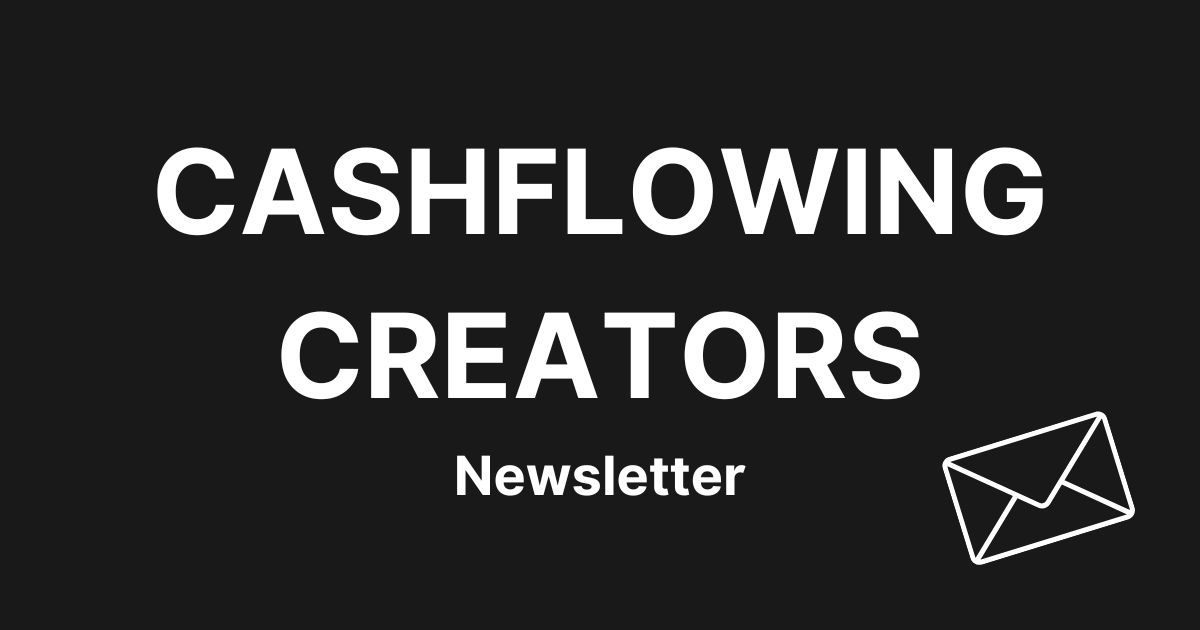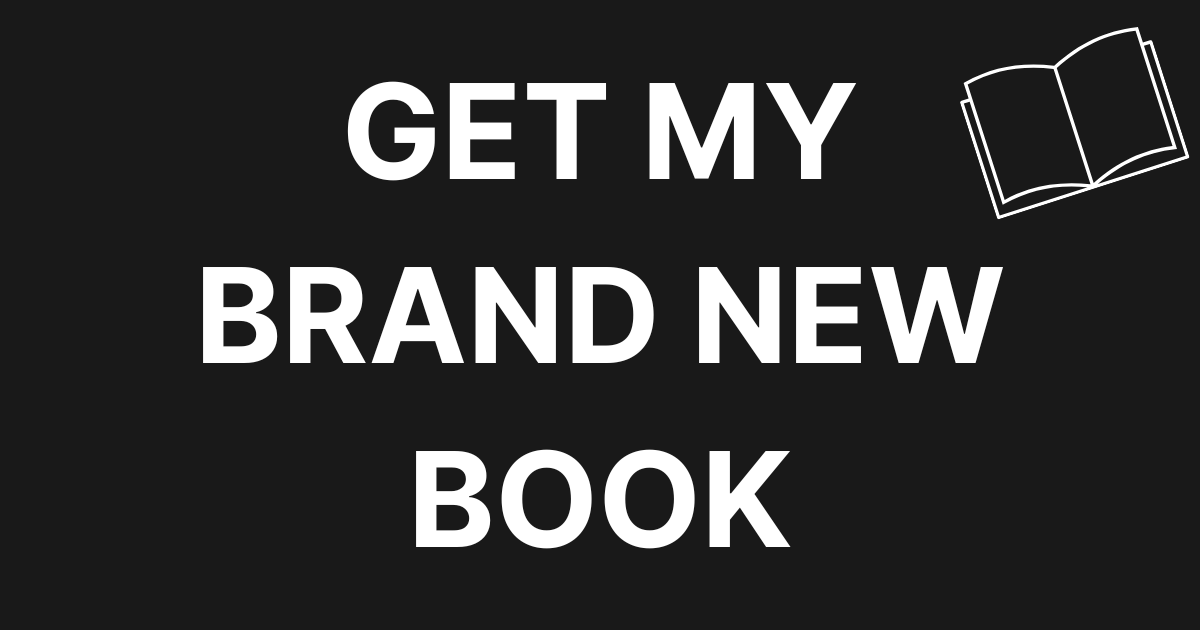The YouTube Ads targeting strategies you were using earlier, will STOP working in 2023. In this video on my YouTube channel, I’ll be discussing the top YouTube ad targeting strategies that are no longer effective in 2023. A
After Google has brought in the new update there no one can use keywords, topics and placements ever again for YouTube ad targeting. So I’ll show you how to go from outdated targeting methods to overused creative tactics.
I’ll give you the inside scoop on what to avoid in your YouTube advertising efforts this year.
Don’t miss out on these valuable insights that will help you stay ahead of the game and improve your ad performance.
Table of Contents
YouTube’s Major Targeting Changes in 2023: A Comprehensive Guide
YouTube’s advertising landscape has undergone a significant transformation in 2023, making it crucial for marketers and advertisers to adapt.
In this blog post, we’ll delve into these major changes, explore the new targeting methods, and share insights and best practices to help you navigate this new landscape.
Understanding The YouTube Targeting Changes: No More Keywords, Placements, and Topic Targeting
The core change that has shaken the YouTube advertising ecosystem is the removal of keywords, placements, and topic targeting.
This means that the traditional methods of launching new campaigns are now obsolete.
Keep an Eye on Old Campaigns
If you have old campaigns that are converting well, beware! Google may remove keywords from your campaigns going into early 2023. Monitor them closely to avoid unwanted surprises.
Embracing the New Targeting Approach: Custom Segments
So, what’s the replacement for keywords and topic targeting? Custom segments are now at the forefront of YouTube targeting.
Custom Audience Segments Based on Keywords
Although keywords have been removed in the traditional sense, custom segments allow you to create audiences based on keywords that people are searching on Google properties.
Creating Custom Segments
You can create custom segments by going to Tools and Settings > Audience Manager in your Google Ads account. Here, you’ll find several options, such as:
- Targeting Keywords People Search On: This allows you to target specific keywords across Google properties.
- People Who Browse Certain Websites: You can drop competitor’s websites or industry websites to target their visitors.
- Specific Apps Targeting: This enables you to target specific apps that people use on the Google Play Store.
Best Practices in Custom Segment Creation
- Audience Size Matters: Aim for an audience size that’s neither too small nor too big. A range of 100 million to 500 million weekly impressions seems to be a sweet spot.
- Ongoing Optimization: Start with a few keywords, then test and refine to figure out the right size for each account.
- Naming Convention: Include the date in the name of the segments to track the performance and creation date.
Other Effective Targeting Methods: In-Market and Affinity Audiences
Google also leverages its vast data pool to create in-market and affinity audiences.
You can utilize Google Analytics 4 for insights on In-Market and Affinity Audiences you can target that are similar to the converting audiences on your website now.
(I break down exactly how to see them in the video above)
Google Analytics can help you discover the affinity categories and in-market audiences of your website’s visitors.
Analyzing the behavior of high-value customers can provide an excellent starting place for online targeting.
Expansion Strategies and Getting Started with YouTube Ads
Look for expansion opportunities within Google Ads, where Google may suggest audiences based on your remarketing list and website visitors.
If you’re starting fresh with YouTube ads, focusing on these new targeting options and understanding the critical steps to success will set you on the path to achieving profitable campaigns.
Conclusion: Adapting to the New Landscape
YouTube’s targeting changes in 2023 are revolutionary, changing the way advertisers approach campaigns on the platform.
By embracing custom segments, leveraging insights from Google Analytics, and following best practices, advertisers can stay ahead of the curve.
These changes offer a refreshing way to reach audiences more precisely and meaningfully. Now’s the time to adapt, innovate, and harness the power of these new targeting capabilities.
For hands-on guidance to kickstart your YouTube advertising journey, don’t forget to check out our in-depth video guide. Happy advertising!
[optin-monster slug=”rfbaktwcdzgbbcr0gxwq” followrules=”true”]




I am new to internet marketing. I am an online and offline public speaking coach. *Since we can’t use keywords, how would I use Youtube Ads to attract online public speaking coaching clients ? So far, I haven’t picked a “target” market. *But, I want to find people that are interested in: 1. Online coaching to learn how to become a confident public speaker.- 2. How to attract new customers and clients, by using public speaking. – 3. How to overcome the fear of public speaking. – *If I run Youtube Ad campaigns, how would I target certain professions or industries? – *I might also want to target different groups of college students, in some campaigns. *Is that possible ? – edwardm77@gmail.com
You can still target anyone with YouTube ads. The messaging you use in your ad can be what attracts the right people. But I have noticed with this new targeting broader offers work better. Meaning if you’re trying to go after a niche target audience with a small budget it can be very difficult. If you’re brand new I would think about starting a YouTube channel and posting organic content and then once the audience gets large enough you could retarget that audience with ads or just keep posting about it organically.